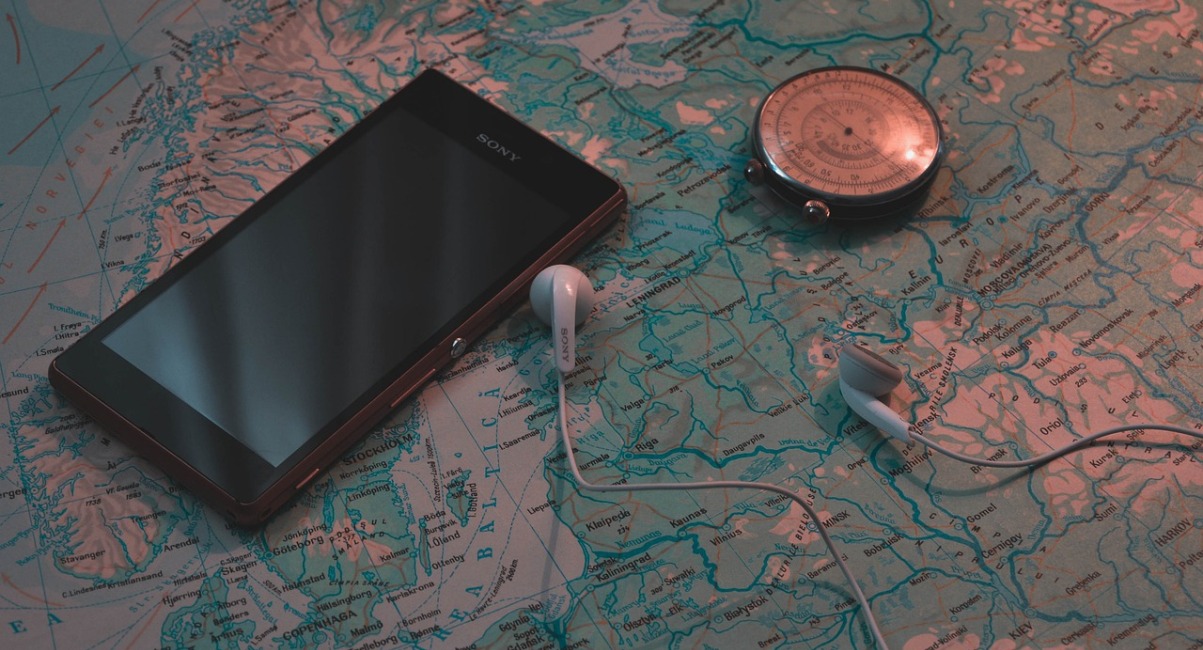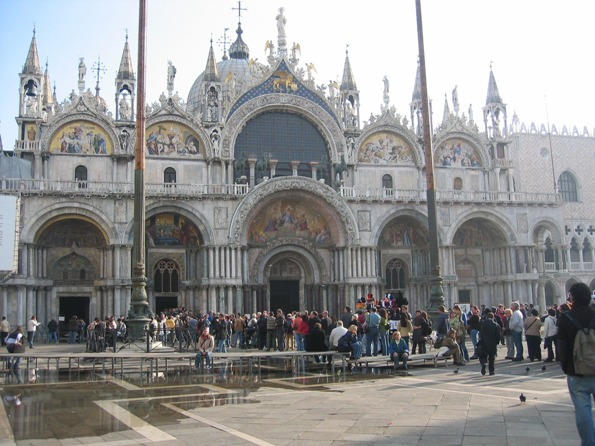HOME » ABOUT US » Our Initiatives » Become a Smart Tourist
BECOME A SMART TOURISTS

Before the trip, we recommend all tourists learn how to use the Internet effectively for themselves and others, as well as behave correctly and responsibly while traveling.
To avoid queues and standing in line, book interesting attractions in advance or buy tickets, for example here:
In order to avoid unforeseen circumstances and not to be left homeless, book a hotel in advance, find its location and transport schemes, for example here:
Check available catalogs and electronic guides in advance. For example, on izi.TRAVEL:
If you do not speak a foreign language, download the language pack to your phone in advance.
Find out everything about the Internet at your destination – how much it costs, connection conditions, roaming costs, etc. This will allow you to stay connected all the time, and at the same time to avoid unnecessary expenses.
Clarify local laws and regulations, especially for tourists. Learn in advance what is prohibited for import and export. Certain activities, or clothing, or behaviors may also be prohibited.
Find out if you need a visa here , or here, or on the website of the embassy or consulate of the country you are going to.
If you do all these steps, you will become a smart tourist, but what else does it mean:
- Responsibility in travel both to nature and to local communities.
- Sustainability and minimizing the generation of garbage and pollution by travelers.
- The smart tourist’s approach to travel is more exploration than relaxation.
- Required interest in the history and culture of the destination.
- Spending money on local services and goods. This contributes to the economic development of the destination, provides employment to local residents and generally brings social benefits from tourism.
- Preference for sustainable transport, as well as minimizing the carbon footprint when moving. For example, the preference for the train over the plane.
- Refusal to purchase printed maps, guides, brochures and souvenir publications.
- Reducing the use of plastic and plastics while traveling.
This list is constantly updated and if you have interesting tips, we can discuss them on social networks and publish them.


